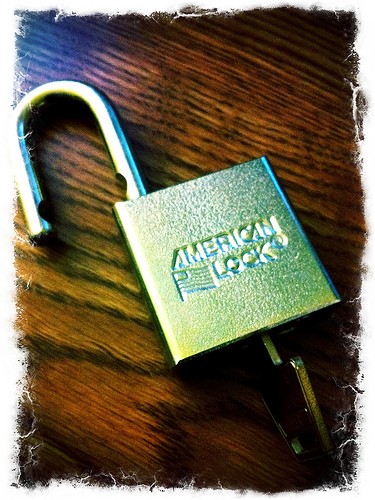How the government will monitor your cell phones
In general, mobile phone penetration is extremely high in Canada. 78% of Canadian households had a mobile phone in 2010, and in young households 50% exclusively have mobiles. In addition to owning mobile phones, we carry them with us most of the time. While many Canadians think of mobile phones as convenient tools to communicate with each other, we tend to not really think of mobiles as surveillance systems that are stuck in our pockets and purses. We really need to adjust that thinking. Forthcoming federal legislation—styled as "Lawful Access" or “online spying” laws—will let Canadian police and intelligence services get access to Canadians’ personal subscriber information without a warrant. Some of these bits of information identify who manufactured a mobile device, when it was manufactured, which version of software is installed on the device, and much, much more.
Very bluntly, these records go way beyond simple "phone book" information.
With just one or two pieces of information from your cell phone, the authorities could figure out who owns the device, all without actually asking for your ID.
They could just use a backpack-sized "Stingray" device to pluck your International Mobile Subscriber Identification number out of the air, and then demand that mobile phone companies disclose who own all of the IDed devices. This is already common practice in the US and UK, where "paper's please!" has been phased out in favour of sneaky electronic snooping.
In addition, authorities might force your cell phone company to disclose "tracking data" to map where you (as identified via your phone) have been. To get this information, authorities would have to go before a justice or judge and demonstrate they have reasonable grounds to suspect criminal activity and that your physical location would assist in investigating an offence. Even if you routinely decide to disable geolocational services on your mobile phone, the government could compel your service provider to remotely activate tracking functions.
In essence, Lawful Access legislation will create a Canada where your mobile phone company—Bell, Rogers, Mobiliticity, whomever—will be required to disclose your personal information and location to authorities. No warrants are needed for the former, whereas production orders are required for the latter.
If the police are involved in a large-scale fishing expedition—perhaps mounting Stingray-like equipment at major roadways or carrying them to public forums protesting policing powers—then they could collect identifiers of all the cell phones in a geographic area, and then match your name with the names of everyone else at an event. With production orders, they could forcibly turn your phone into a personalized tracking device regardless of your wishes. Whereas ten years ago police would have needed to ask each person their name to comprehensively ascertain who was(n't) at an event, or follow individuals around to know where they've been, under Lawful Access legislation government agents just need to walk through a crowd or compel your mobile phone provider.
Current limits on policing powers ensure that our civil liberties are kept intact. The proposed Lawful Access powers directly threaten those liberties, and jeopardize our rights to speak and associate with one another.
Protect your rights and your democracy: publicly speak against warrantless electronic surveillance by signing the petition at http://StopSpying.ca, contacting your MP, writing op-eds, and educating your friends and colleagues. Together we can protect our democracy.


 Take action now!
Take action now!
 Sign up to be in the loop
Sign up to be in the loop
 Donate to support our work
Donate to support our work